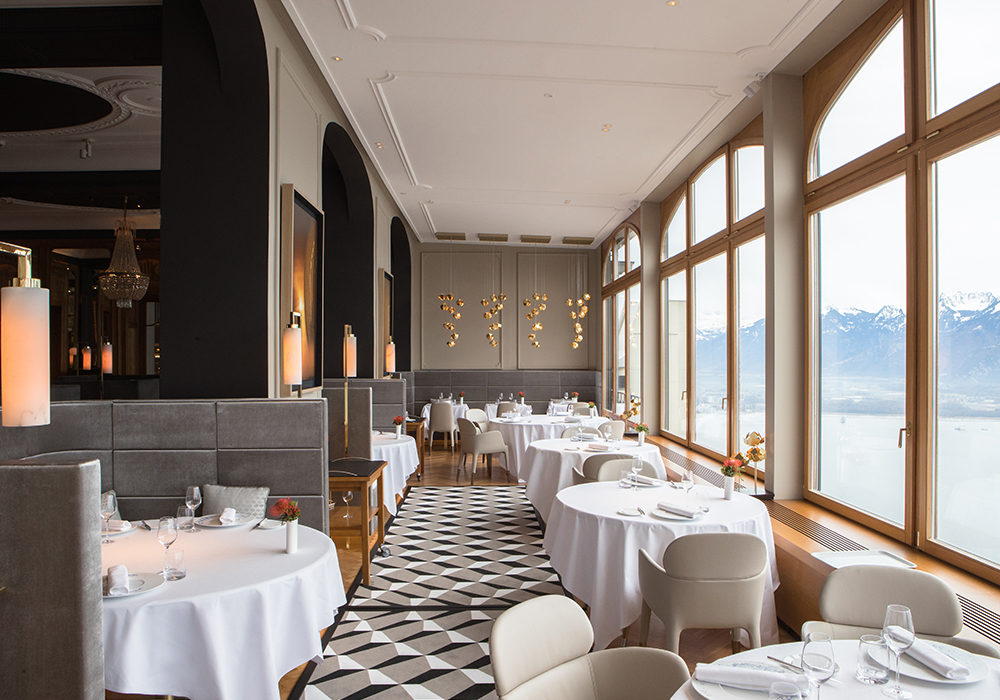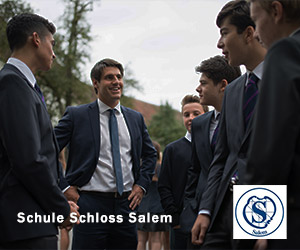
Limitless Luxury
04.09.21When it comes to a career in leadership, few skillsets are as transferable as expertise in luxury service. Julia Millen visited the Glion Institute of Higher Education to discover how they’re raising the bar
The traditional high end hospitality-focused roles, such as restaurant manager, master sommelier or hotel general manager (GM), are still there; but now an education focused on the essence of luxury service can also open doors to a diverse spectrum of client-centric positions in fields such as retail, real estate, finance and more.
New hospitality and new demands
For schools such as Glion Institute of Higher Education, where the business of luxury is part of the academic curriculum (there’s even a specific, luxury-focused Master’s degree), this evolution of demand for luxury skills is having a significant impact on graduate outcomes. Traditional hospitality (i.e. hotels and restaurants) still makes up the majority of graduate roles, but only just. Today, some 52% of Glion alumni work in hospitality, while 48% have found roles in fast-moving consumer goods ( FMCG), luxury goods and services, marketing, events, banking and finance. Glion alumn a, Anastasia Nesterova, is an example of this latter group. She is now immersed in the world of investment banking, as a Trade Support Specialist for J.P. Morgan Private Bank: “After graduation from Glion, I worked in the banking industry in Moscow. I started as an intern, was then hired as a specialist in the product development department, and after nine months I was promoted to Product Manager. After gaining a few years of experience, I moved back to Geneva and pursued my career in J.P. Morgan Private Bank.” In fact, premium brands in various industries now see luxury skills as essential if they are to adapt their offer to the new consumer landscape.
Millennials want moments
In an age when experiences are replacing possessions, the luxury industry is now driven by the demands of this new breed of customer. Millennials currently represent around 32% of the market, rising to a projected 50% by 2025[3] . This means leading brands need to focus on creating memorable moments, ‘Instagrammable’ content and a commitment to ethics over opulence. It’s a time of unparalleled inclusivity, which is the ultimate paradox in an industry that was built on exclusivity.
An increasingly crucial skillset
As luxury brands recalibrate away from the traditional concept of indulgence and excess towards sustainability and tech-driven convenience, they need talent that can lead the change. As a result, the career opportunities for those with a specialist education in luxury (at undergraduate or postgraduate level) are limitless. The key is choosing an education in luxury that is evolving in parallel with the industry, embracing disruption, digital, shifting demands and real-world exposure. The reward is a leadership career in a world where the new values of excellence are pervading evermore sectors. Luxury expertise has never been more crucial for brands with ambition or reputation. Learn more from Claire Reid-Warrilow | Director of Undergraduate Recruitment UK and Northern Europe claire.reidwarrilow@sommet-education.com | +44 (0) 743 664 2913 | glion.edu
COPYRIGHT © Abode2 2012-2024












